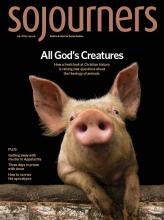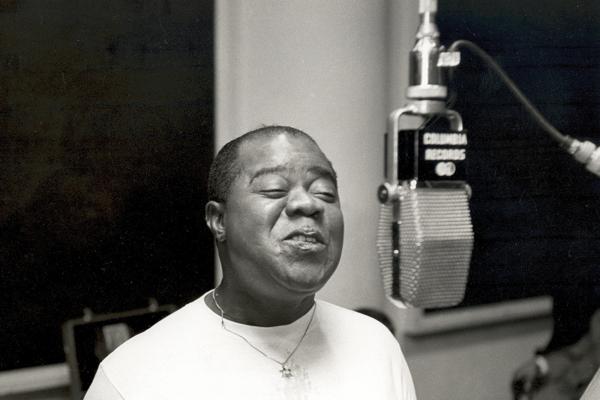IN THE EARLY 20th century, a group of esteemed scholars gathered in a little northeastern pocket of their own making and concerned themselves with the question of finding a distinctly American music. Where was this music? How might it develop? Could there be, out there somewhere, an American Bach?
They looked far and wide in the places that they knew; they searched for faces that they might recognize; they listened deeply in the idioms with which they were familiar. And they came away disappointed.
Jazz critic Gary Giddins chortles as he recounts the tale, pointing out that if these American Brahmins had simply deigned to take a train south from Boston to New York City, and stepped into the Roseland Ballroom on a Thursday night, they would have experienced the American Bach, Dante, and Shakespeare all rolled into one: Louis Armstrong.
Born to a 15-year-old who sometimes worked as a prostitute, raised in a New Orleans neighborhood so violent it was known as “the Battlefield,” sent to a juvenile detention facility at 11 for firing a gun into the street—his early years would surely put him on the pipeline to prison today.
Had that occurred, the distinctly American music that Louis Armstrong created might never have happened. The American songbook, as we know it today, simply would not exist.
Read the Full Article

